Only 30% of Kenyans are Optimistic About 2025
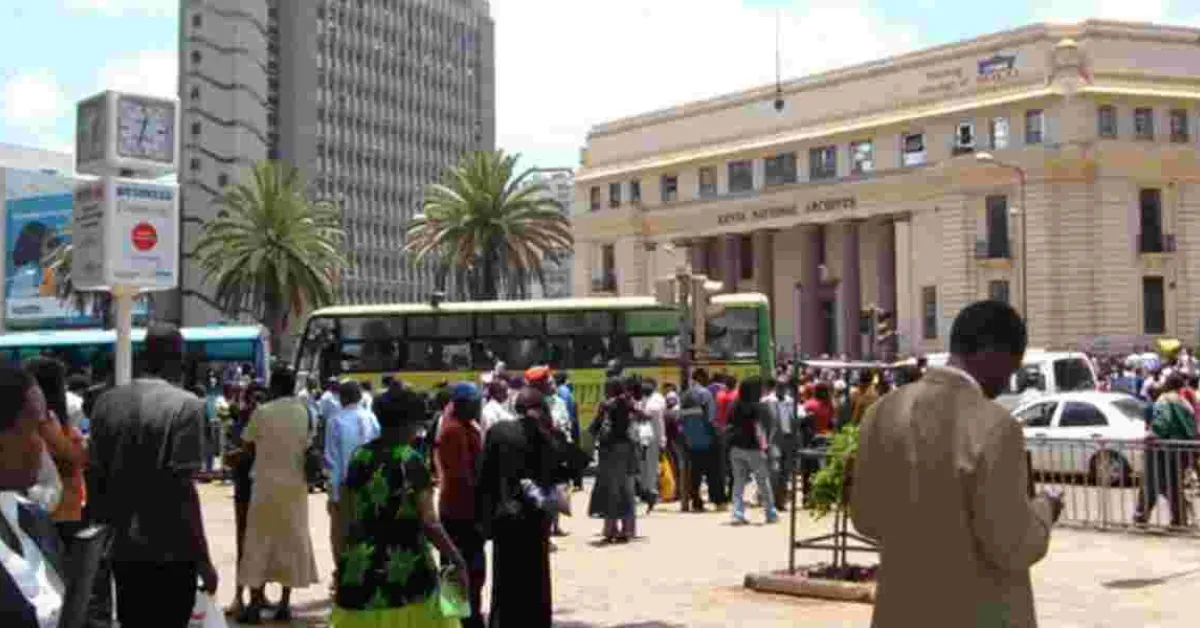
As Kenya steps into 2025, which begins on a Wednesday—a cycle last seen in 2014 and set to repeat in 2031—public sentiment is marked by a blend of hope and concern.
According to a recent Infotrak opinion poll released on New Year's Eve, only 30 percent of the populace holds a positive outlook for the coming year. Citizens' primary anxieties include the rising cost of living, unemployment, widespread corruption, and excessive taxation. Many express fears that the economic landscape may worsen, job opportunities will remain limited, and drought conditions could linger.
To combat this pervasive sense of uncertainty, prominent figures across various sectors have voiced their insights regarding pathways to enhance prospects for Kenyans in 2025. Among them are Reverend Elias Otieno Agola, chairman of the National Council of Churches of Kenya (NCCK); Maendeleo ya Wanawake National Chairperson Rahab Mwikali Muiu; economist XN Iraki; and former Nyamira Senator and lawyer Kennedy Mong’are Okong’o.
Their perspectives, shared in interviews with the Nation, emphasize the urgent need to address critical issues impacting the nation. Central to their discussions is the alarming frequency of abductions. Dr Agola advocates for the political class to prioritize listening over rhetoric and to focus on fulfilling existing promises rather than creating new ones. He advised President William Ruto to delegate his vision communication to his Cabinet and principal secretaries, urging the administration to heed the counsel of its advisers.
Dr. Agola posits that resolving the issue of abducting government critics could significantly enhance the national atmosphere, calling for more constructive approaches to dissent. Ms. Muiu appeals to law enforcement officials to exercise empathy in their dealings, urging them to consider how they would treat their own children. She reiterates President Ruto’s obligation to honour his commitment to halt abductions and highlights the emotional strain inflicted on mothers who fear for their children's safety.
Furthermore, she expresses hope for a decrease in alarming rates of femicide and defilement in 2024. Economist XN Iraki emphasizes the critical role of favourable weather conditions in bolstering food production and suggests that good rains would be more effective in mitigating inflation and fostering economic growth than government interventions. He also anticipates a stable global economy, devoid of disruptions from pandemics or conflicts, and reduced political tensions within Kenya.
Former Senator Kennedy Mong’are Okong’o warns that addressing the challenges faced by Kenyans is essential for a prosperous year ahead. He cautions that failure to improve service delivery could result in political realignments, unrest, and demonstrations, which would complicate the Kenya Kwanza agenda. As Kenya embarks on this new year, the collective demands for accountability, empathy, and effective governance highlight the nation’s aspiration for a brighter future.
The hope remains that 2025 will usher in positive change, driven by a commitment to tackle the pressing issues that have cast a shadow over the country’s outlook.

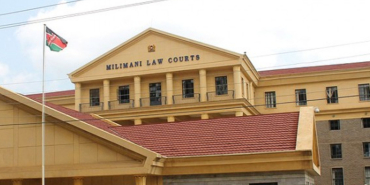

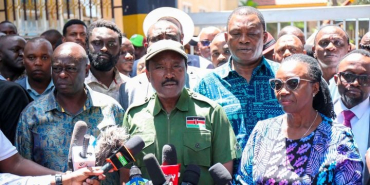



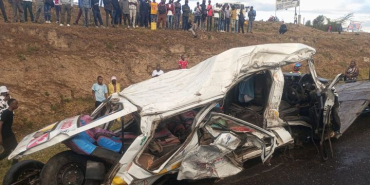
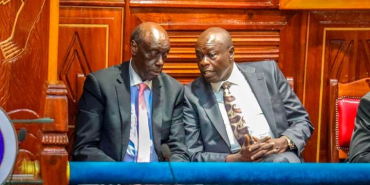





Add new comment